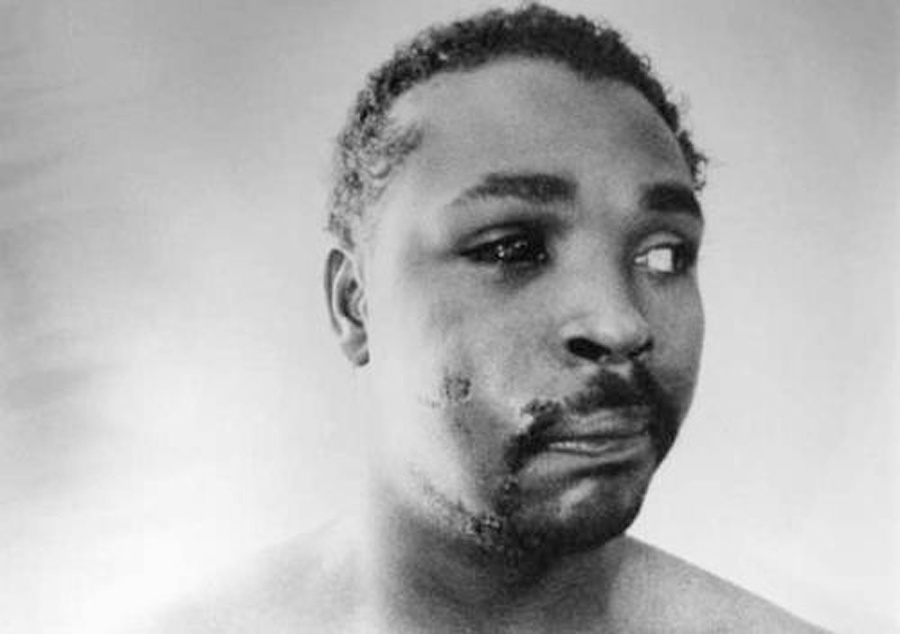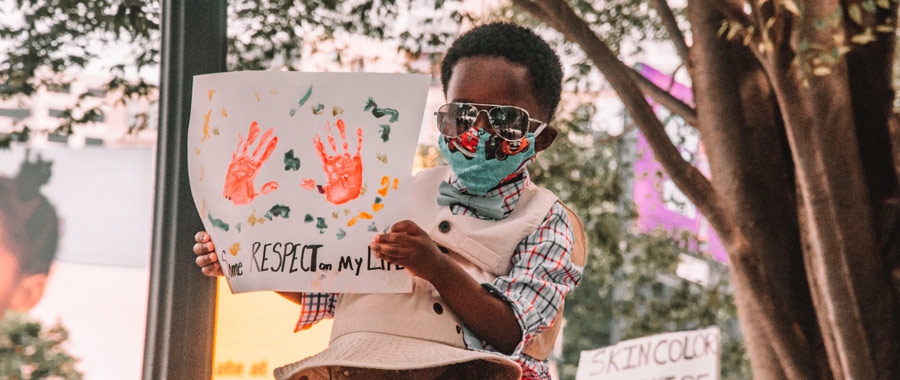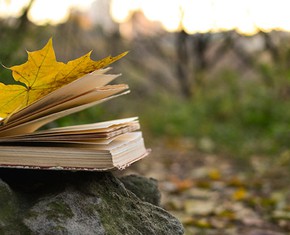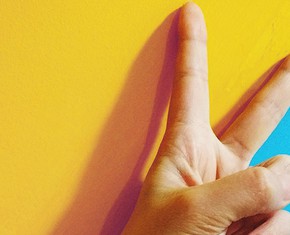The views expressed in our content reflect individual perspectives and do not represent the authoritative views of the Baha'i Faith.
Too often black folk are asked to carry, not only the weight of the historical and social consequences of racism but also the secondary burden of preserving “peace.” The result is a negotiation predicated on silence, an agreement between people that seeks intimacy without honesty, trust without transparency, and fidelity without devotion to the truth.
Several years ago, I attended a conference where the issue of race was a central focus of the program. During one of the breakout sessions, the facilitator made the point that the road towards oneness will not be comfortable or easy — that a sincere approach to building unity must accommodate the awkwardness of developing sincere friendships across cultural lines where the customs and ways of the “other” may initially prove challenging to mutual understanding and respect.
One of the attendees asked why the process had to be “awkward and uncomfortable?” On the surface, the question was simple enough, one that tacitly implied that the work of building a diverse pool of friendships and meaningful associations need not include struggle. In essence, it need not be work. One can hear echoes of Rodney King’s painful plea while being savagely beaten by police officers in Los Angeles in 1991: “Why can’t we all just get along?” — King’s words were an urgent lament — beautiful in their deceptive simplicity and tragic in their lack of complexity.

I’ve heard similar statements before, more often than not, from white brothers and sisters seeking to evade the “stress and anxiety” associated with a meaningful conversation about racism. For these individuals, social interactions with black and brown folk can be a painful reminder of the legacy of systemic injustice and the reality of white privilege. These reminders become-something to be avoided. As a result, a fear-based approach to relationships along the black/white divide develops, and people who bring up racism are silenced — or neutered by disingenuous professions of oneness intended to mute the discussion before it really begins.
Comments such as, “Why do you keep bringing up the issue of race? Aren’t we all one human family anyway?” are an example of this. It is a clever justification, that ironically is based on a fundamental spiritual truth. But people saying such things are manipulating a spiritual truth in order to discourage meaningful conversations about difficult realities.
“We may assume a shallow affectation of oneness without ever really knowing each other”
This method of avoidance attempts to protect one’s comfort at all costs, even at the expense of the humanity of people of color for whom the issue of race, though fundamentally a social construct at odds with the spiritual reality of the oneness of humanity, is a matter of life and death. The irony is that in our misguided attempts to regulate our social interactions with the objectified “other,” we are willingly, if not knowingly, participating in an assault on the spiritual and psychological wellbeing of the marginalized amongst us.
Baha’u’llah, the prophet and founder of the Baha’i Faith wrote that “trustworthiness is the sun of the heaven of My commandments, truthfulness is its moon, and praiseworthy attributes are its stars. Yet the people, for the most part, understand not.”
Without truth, especially as it pertains to the issue of race, we may have the form of a friendship but not its substance. We may assume a shallow affectation of oneness without ever really knowing each other. We cannot proclaim ourselves soldiers for the principle of unity while we lack the courage to wage war on evasion and dishonesty. This is work that requires commitment, perseverance, and love for deepened connections built on an uncompromising allegiance to truth.
Indeed, Abdu’l-Baha, the son of Baha’u’llah wrote about telling the truth: “If only ye exert the effort, it is certain that these splendours will shine out, these clouds of mercy will shed down their rain, these life-giving winds will rise and blow, this sweet-smelling musk will be scattered far and wide.”
Another common way of coping with the discomfort of difference is to create a circle of sameness where the choice of where to live, who to invite over for dinner, and whom to marry are framed by one’s culture of origin. “It’s just easier,” is a common explanation used as a justification to regulate proximity to diversity.
This seemingly benign expression often uttered as sage wisdom, actually reinforces social fragmentation, stratification, and alienation. If I am governed by what’s easiest as I strive to build sincere relationships across cultural lines, then I will never develop the fortitude necessary to face the difficulties such work requires.
“We must learn to question the ease that comes at the expense of authenticity”
If I cannot be a supportive witness for the many narratives that comprise the human story, then true empathy will forever elude me. If I cannot experience my own humanity in the presence of others who are different from me, then I will never fully know myself. If I cannot endure the pain of a difficult conversation about the issue of race when the most marginalized amongst us suffer under the persistent evils of systemic racism on a daily basis, then I can never claim to be a true advocate for justice and equality.
We must learn to question the ease that comes at the expense of authenticity — a comfort that quietly endures the discomfort of others — and a silence that supports a lie. This is the work of a maturing humanity — one that’s moving away from its collective adolescence. This is the labor of courageous people willing to confront their fears to build genuine friendships and authentic communities. This is the endeavor of the consecrated heart living the principle of unity, not merely professing it.
As Baha’u’llah wrote: “Let your vision be world-embracing, rather than confined to your own self. The Evil One is he that hindereth the rise and obstructeth the spiritual progress of the children of men.”
We must rise to meet the challenge of racism in spite of our fears. We must stand in the gale-force winds of discomfort and dis-ease and push through to the center. Once there, we will arrive at long last, to an enduring peace at the center of the storm, strengthened by the knowledge that we made the journey together.
















Comments
Sign in or create an account
Continue with Googleor